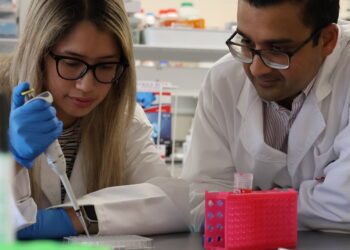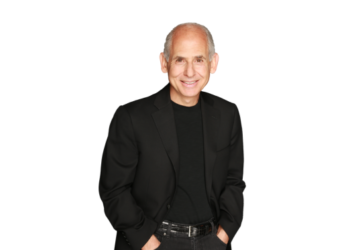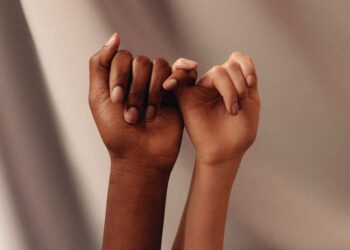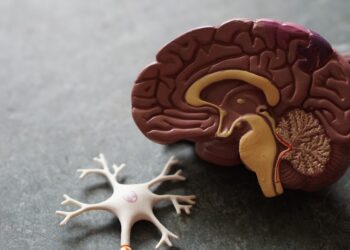Sydney-based Imago Couples Therapist Annie Gurton says, ‘Un-partnered adults are all unconsciously seeking out someone with whom to form an intimate relationship. We are social creatures built to be in close connection with another, although it is possible for singletons to live happy and fulfilled lives without the intimacy of marriage.
Our partnering may seem random, but what we call ‘attraction’ is actually a complex subconscious process which has now become a science. There is empirical and anecdotal evidence that we seek out people whose childhood woundings match our own, but they dealt with them in a contrasting way. Therefore the clinger will match up with an avoider, and a distancer will partner a pursuer.
 image credit: pinterest
image credit: pinterest
The theory that we have an ‘imago’ (Latin for image) which is created in childhood depending on what happened to us and what our relationship with our primary carers was like, is the work of Harville Hendrix, founder of Imago Relationship Therapy and author of best selling book, ‘Getting the Love You Want’. Hendrix says, ‘Our childhood caretakers have positive and negative traits, and these influence the sort of person that we unconsciously seek out as adults.’ Without realising it, we form an imago or image of the person who is going to be the best to help us heal our childhood wounds and allow us to grow into healthy adults.
This creation of an imago starts in babyhood and affects us for the rest of our lives. Usually, it is a good guide which helps us to select the person most likely to help us repair the damage done to us as children. Everyone is wounded in childhood to some degree, and wounding is necessary to help us develop resilience which helps us cope with the adversities of life and function in normal social interactions. But for some, whose primary carers were abusive or unavailable for whatever reason, the wounding can be deep and damaging. Well functioning adult relationships are where these wounds are healed.
Unfortunately the theory also means that we can find ourselves partnering with someone whose wounds and needs are more than we can cope with, and the relationship can struggle and fail unless it gets guidance. We can pick someone who we recognise, but it turns out that they are too similar to us, and two clingers get together and form a suffocating alliance, or two distancers get together and never properly connect. Ideally, our partner is someone whose wounding relates to ours in that it happened at a similar stage of our development, but there is a contrast in the way that they coped. This produces the most helpful and healing relationship.
How do we know whether we are attracted to someone who is going to be good for us? Often we don’t know for sure. All relationships are a step into the dark and a leap of faith. We hope that our partner doesn’t turn out to be someone who can’t really deliver the sense of safety we need, or someone whose own wounds are immense and too difficult to manage. There is always an early-days Romantic Phase in which the other seems wonderful, and the sense of love can blind us to any warning signs. Sooner or later this dissolves into the Conflict Phase, where our needs and fears emerge often masked by behaviours that we don’t understand ourselves. If the couple is emotionally mature they can navigate this stage and pass into a more deeply connected phase, but often the couple needs some help at the conflict phase. By learning to communicate effectively they can learn more about their partner and themselves, and come to understand that even apparently trivial irritations can be an indicator of a wound which needs to be attended to. If, for example, you feel hurt if your partner fails to consider you when making plans for the weekend, you may have experienced being overlooked by your primary carer and your partners action reminds you at a deep level of those early events. If your partner realises this and makes sure that you are always considered in future, that early childhood wound will be healed and the relationship become stronger and more connected.
Our attraction to another may seem a mystery – after all, we meet many hundreds of people every year, so what makes one stand out over another? The Imago theory offers a proven way to understand whats happening, and a rationalisation for the inevitable conflict. It is the relationship doing its work to help us heal. Couples who were an emotional mess when they first met find that after a few years together, the damage they experienced in their childhood no longer has the power to cause behaviours we dislike.
Relationships are never going to be easy. Living with someone else – or even having a ‘Being Together Apart’ kind of arrangement – is incredibly hard. You may be easy to live with but your partner is certain to do some things in ways that upset you. This is the nature of life, but not the end of the world. With therapy and some education, it can all be fixed.
For more information and to get in touch with Annie, head to www.anniegurton.com




















